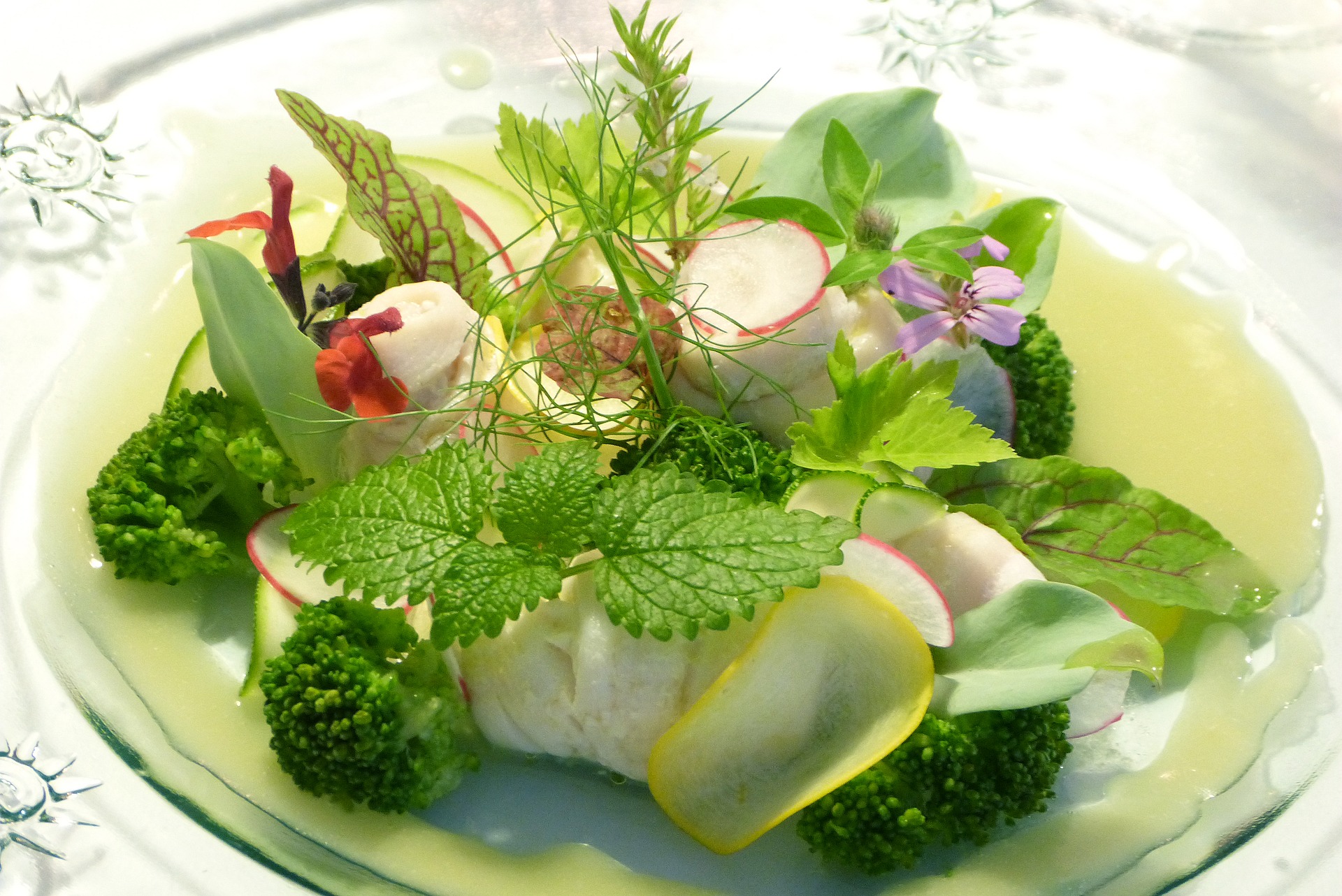
Fasting is an ancient practice followed all over the world with the aim of purifying the organism and all its sacred geometry. But today, more than in the past, many Human Beings consciously fast, periodically and intermittently, to eliminate, detoxify, regenerate and heal imbalances caused by daily stress, inappropriate eating habits, and harmful to the body, or by pollution of the environment.
It is also true that some people are quick to standardize their bodies to the stereotype of “supermodel” beauty, which is deeply rooted in modern society. However, the vast majority opt for fasting to restore order in the metabolism, the hormonal system, improve immunity and above all stop the spread of certain imbalances, which may or may not trigger the said diseases.
Anyone who has ever been ill knows that at this point they have no appetite and therefore choose to fast naturally or eat a very light meal. It is how the body stimulates its defenses in the early stages of an infection. This is what Gérard Deulofeu, a professional football player at Udinese, a professional football club in Italy, said, who, in an interview with the YouTube channel “Regenera”, assumed the “miracles” that intermittent fasting has brought to his life, both in his recovery from injuries and in his daily energy as a footballer.
According to experts, fasting forces our cells to use the fat already in the body to produce the energy they need, which helps speed up the process of weight loss, balance blood sugar levels, and activate the immune system to fight inflammation in the body.
Fasting is seen as the rebalancing of the vital energy of Body, Soul, and Spirit, a kind of reset for self-healing. It is no coincidence that the pace of supporters of the fast has increased at a rapid rate in recent years.
What are the benefits?
- Control of appetite and education of the stomach;
- Eliminates toxins;
- Promotes intestinal cleansing and stimulates the intestinal flora;
- Strengthens the immune system;
- Consumes accumulated fat, including in the arteries;
- Lowers liver fat;
- Decreases insulin resistance;
- Slows down cholesterol;
- Reduces the risk of cardiovascular imbalances;
- Decreases weight;
- Stimulates good humor…
Who should choose the Fast?
Fasting is also recommended for those who are in good health and conscientiousness, and they should always consult a nutritional specialist to find out what type of fasting is best for them. However, it should be emphasized that during the meal break, liquids such as water, herbal teas, or coffee should be ingested, without sugar or sweeteners, so that there is no dehydration.
It should also be noted that fasting is not a sacrifice, and you should not be sick either. If the person feels that the feeling of hunger is too strong, then they should choose foods that are light and low in sugar and fat, preferably vegetables or fruit.
The windows of food and fast must be defined according to the time, the season of the year, the state of health, and the need of each Being. There are many possible combinations of fasting, which can be intermittent or total, for a certain period of time it can be short, long, or even continuous.
Reality shows that intermittent fasting is gaining more followers every day. This involves skipping meals for seven days, for example, not having dinner or breakfast the next day. There are also many people who take intermittent fasting for two days every week of the year.
Then there are those who do a total fast every lunar cycle or for 48 hours at the summer and winter solstices.
Who shouldn’t Fast?
Fasting is contraindicated for pregnant or breastfeeding women. It is important to stress that the decision to fast longer and more intensely, for example, for a few weeks, should be supervised by a health and nutrition specialist to ensure that everything goes as planned.
What about after the Fast?
The first meal after a period of fasting should be light and easy to digest, such as soup and a dish that may include rice, mash, hard-boiled eggs, vegetables or fish and fruit. Dishes with fried foods are to be avoided (coconut oil should be used, as it is more beneficial for health), red meats, processed and high-fat products.

This text is an awareness. Depending on the season of the year and the moment in which you are, it is up to each Being to feel what food to eat. The dosage and frequency depend on the nature and physical condition of each Human Being.
Learn more about food on:
Food must respect the “nature and state” of the Human Being




